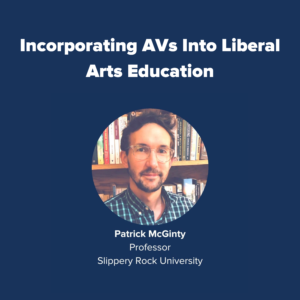When we first heard about Patrick McGinty’s 100-level English seminar at Slippery Rock University, it was a moment of head-slapping revelation. It’s far too easy to think of “automated vehicle education” as being limited to teaching the technology itself, but in fact the most important issues in the space center not on sensors and processors, but on how AVs will affect society as a whole. Not everyone can work in machine learning, but anyone can (and should) think about how new technologies might affect their world and their interests.
That’s exactly what Patrick had done: going beyond introducing a general audience to the challenging topic of autonomous vehicles (no easy task on its own), and actually encouraging students to connect this new mobility technology to broad range of issues, perspectives and disciplines. Not only does this make the topic more accessible, allowing students to connect AVs with the subjects that already interest them, it also teaches critical skills and perspectives that could be applied to any number of emerging technologies that stand to reshape our world.
Perhaps most importantly, he did all this in a discipline that few would ever think to connect with AVs yet which beautifully illustrates the broad potential of AVs as a pedagogical tool. If an introductory English seminar can get young people thinking and talking about AVs, teaching research and analysis skills in an area that demands critical thought, then almost any class covering any subject at any level can benefit from centering the curriculum on this technology.
With this in mind, PAVE is proud to make Patrick’s curriculum available to the public as a resource for educators and self-educators everywhere. Though originally developed for a 100-level college English seminar, its unique pedagogical tools can be applied to a broad range of ages and disciplines… or at the very least, inspire educators to think up their own AV-centered liberal arts curricula. Patrick has also thoughtfully included his own feedback, as well as that of his students, to further guide educators as they craft similar lesson plans.
You can download Patrick’s curriculum in PDF format here. It includes an overview and history of the course, teacher and student feedback, the original course outline, and four “units” that each take a unique approach to AV education.
We are still in the earliest days of autonomous drive technology, and its most profound impacts on our lives, economy and society still lie ahead. There is no question about whether the technology will continue to mature, but there remain a great many questions about whether we will rise to the challenges it presents. Will we, as a society, create good laws and social norms around AVs? Will we ensure that their benefits are equitably distributed? Will we be able to anticipate the kinds of difficult-to-foresee second- and third-order consequences that accompany any new technology?
If so, it will be because educators like Patrick understood that technology is only as good or bad as we make it, and that deploying new technology in broadly beneficial ways starts with understanding it and how it will interact with our world. It starts, in other words, with education.
We hope this curriculum inspires you and changes how you think about the role AVs can play in education of all kinds. It certainly did for us.
 PAVE US
PAVE US PAVE EUROPE
PAVE EUROPE PAVE UK
PAVE UK

